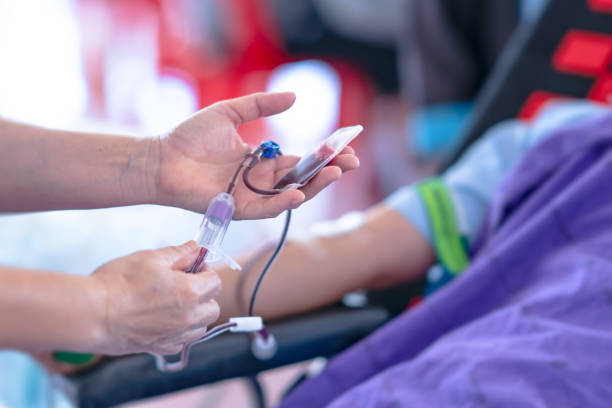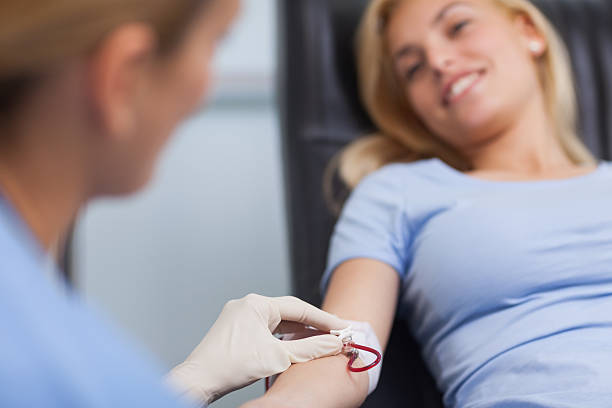Donate Your Eggs for Money: A Comprehensive Guide
Egg donation is a process that has gained popularity over the years, both as a means to help couples struggling with infertility and as a way for women to earn money. This guide explores the intricacies of egg donation, including the reasons for donating, the process involved, legal and ethical considerations, and the potential rewards and risks.
Understanding Egg Donation
Egg donation involves a woman (the donor) providing her eggs to another woman (the recipient) who cannot produce viable eggs herself. The recipient may be experiencing infertility due to various reasons, such as age, medical conditions, or genetic issues. Donated eggs are fertilized with sperm in a laboratory through in vitro fertilization (IVF) and then implanted into the recipient’s uterus.
Why Donate Your Eggs?
There are several reasons why women choose to donate their eggs. One of the primary motivations is the desire to help others achieve their dreams of parenthood. Many donors feel a deep sense of fulfillment knowing that they have contributed to the creation of a new life and have helped a family in need. Additionally, egg donation offers significant financial compensation, which can be a compelling incentive for many women.
The Egg Donation Process
Initial Screening and Evaluation
The egg donation process begins with a thorough screening and evaluation to ensure that the donor is healthy and suitable for donation. This includes a detailed medical history, physical examination, and various tests to check for infectious diseases, genetic conditions, and overall health. Psychological evaluation is also an essential part of the screening process, as it helps to ensure that the donor is mentally prepared for the emotional aspects of donation.
Matching with a Recipient
Once a donor passes the initial screening, the next step is to match her with a suitable recipient. This process involves considering various factors such as physical characteristics, medical history, and personal preferences. Some donors may choose to remain anonymous, while others may opt for an open donation where they have the opportunity to meet the recipient.
Ovarian Stimulation
After a successful match, the donor undergoes ovarian stimulation. This involves taking hormone injections for several weeks to stimulate the ovaries to produce multiple eggs. The donor is closely monitored through blood tests and ultrasounds to track the development of the eggs and adjust medication dosages as needed.
Egg Retrieval
Once the eggs are mature, they are retrieved through a minor surgical procedure called follicular aspiration. This procedure is typically performed under sedation or anesthesia to ensure the donor’s comfort. A thin needle is inserted into the ovarian follicles to collect the eggs, which are then immediately taken to the laboratory for fertilization.
Post-Retrieval Recovery
After the egg retrieval procedure, the donor is monitored for a short period before being discharged. Recovery time varies, but most donors can resume normal activities within a few days. It is essential to follow post-procedure care instructions and attend any follow-up appointments to ensure a smooth recovery.
Legal and Ethical Considerations
Egg donation is subject to various legal and ethical considerations that vary by country and region. In many places, donors must be of legal age (usually between 21 and 35) and provide informed consent. The process is also governed by regulations that protect the rights and privacy of both donors and recipients.
Ethical considerations include the welfare of the donor, the recipient, and any resulting children. It is crucial to ensure that donors fully understand the implications of their donation and that they are not coerced or exploited. Recipients and donors must also consider the potential emotional impact of the donation, particularly in cases of open donation.
Financial Compensation
One of the significant incentives for egg donation is financial compensation. The amount varies widely depending on factors such as the donor’s location, the clinic or agency facilitating the donation, and the donor’s characteristics (e.g., age, health, educational background). Compensation typically ranges from several thousand to tens of thousands of dollars.
It is important for donors to understand that the compensation is for their time, effort, and inconvenience, rather than the eggs themselves. This distinction helps to ensure that the process remains ethical and focused on the well-being of all parties involved.
Potential Risks and Side Effects
While egg donation is generally considered safe, it is not without risks and potential side effects. The ovarian stimulation process can cause side effects such as bloating, mood swings, and mild discomfort. In rare cases, donors may experience more severe complications such as ovarian hyperstimulation syndrome (OHSS), which can cause symptoms like severe abdominal pain, nausea, and rapid weight gain.
The egg retrieval procedure also carries risks, including infection, bleeding, and damage to surrounding organs. It is crucial for donors to be aware of these risks and to follow medical advice closely to minimize potential complications.
Psychological and Emotional Impact
Egg donation can have a profound psychological and emotional impact on donors. While many donors find the experience rewarding, others may struggle with feelings of attachment, loss, or guilt. It is essential for donors to have access to counseling and support throughout the process to help them navigate these emotions.
For some donors, the decision to donate may be influenced by personal experiences, such as knowing someone who has struggled with infertility. For others, it may be a purely altruistic act or a way to achieve financial goals. Whatever the motivation, it is important for donors to feel confident in their decision and to have the support they need to manage any emotional challenges that arise.
Long-Term Considerations
Donors should also consider the long-term implications of egg donation. This includes the possibility of future contact with any resulting children, particularly in cases of open donation. Donors may need to be prepared for the emotional and practical aspects of such contact, including questions about their medical history and the reasons for their donation.
Additionally, donors should be aware of the potential impact on their own fertility. While there is no evidence to suggest that egg donation affects long-term fertility, it is important for donors to discuss any concerns with their healthcare provider and to consider their own family planning goals.
Conclusion
Egg donation is a generous and life-changing act that can help create families and bring joy to those struggling with infertility. It offers significant financial compensation and the satisfaction of knowing that one has made a positive impact on someone’s life. However, it also involves a rigorous screening process, potential risks, and emotional challenges.
Donors must be well-informed and supported throughout the process to ensure their well-being and to navigate the complex legal and ethical landscape of egg donation. For those who choose to embark on this journey, the rewards can be immense, both financially and emotionally, as they contribute to the miracle of life.




